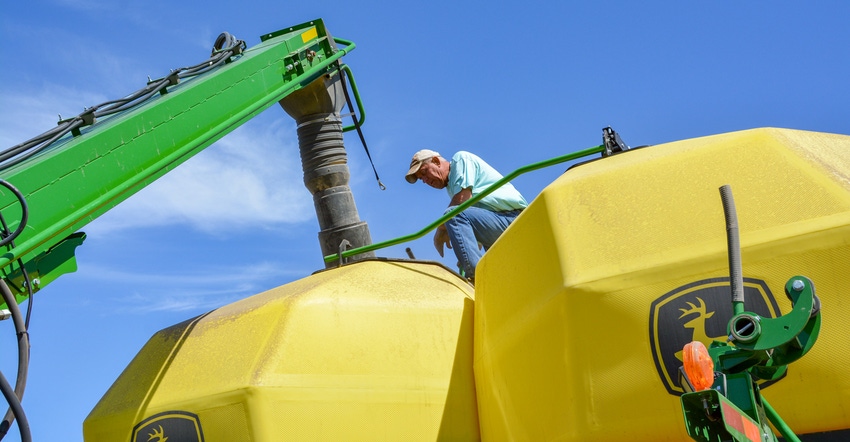March 30, 2020

Don’t change what you are going to plant because of the impact COVID-19 is having on the markets, advises Frayne Olson, North Dakota State University Extension crops economist.
Current prices are not a good reference point, he says.
Livestock, grain and oil prices and the stock market have dropped so dramatically because of the uncertainty surrounding the COVID-19 outbreak and not because of supply and demand. This situation is unprecedented, so people don’t know what to expect and tend to think of the worst-case scenario.
“Right now, this is a psychological battle,” Olson says.
The market volatility likely will continue until the number of new cases of COVID-19 in the U.S. starts to decline, he says. That’s when people will feel that the worst is over. But producers shouldn’t expect conditions to improve quickly.
“It’s still going to be a slow process,” Olson cautions.
Energy and grain prices probably will recover more quickly than livestock prices, he says. Livestock prices likely will rebound more slowly than the other two because of consumer behavior, such as how quickly they are willing to return to eating at restaurants. The stock market will be the last to recover.
In the meantime, despite the low prices, some producers may need to sell grain they have in storage because they need the money, or the quality of the grain is deteriorating.
“For those who have to sell, go ahead and sell,” Olson advises.
The lowest risk strategy is to buy a call option, which makes it possible to capture higher prices when prices start to rebound, he says.
However, you’ll need to work with a broker and set an account if you don’t already have one. It’s best to do some research before buying a call option so you understand what involved.
Source: NDSU, which is solely responsible for the information provided and is wholly owned by the source. Informa Business Media and all its subsidiaries are not responsible for any of the content contained in this information asset.
You May Also Like




